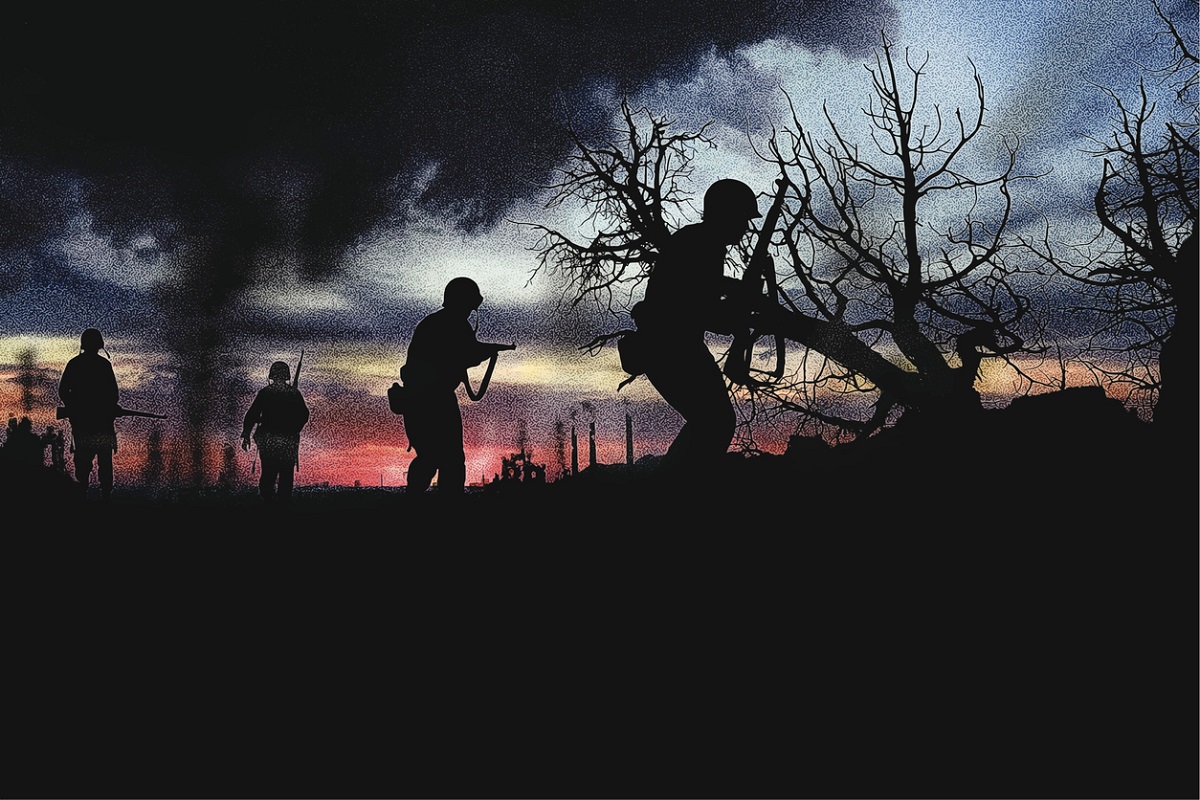USAID row: Congress slams BJP, demands white paper
The grand old party also said that the “white paper” should not only focus on USAID funding, but all such agencies which fund both Governments, individuals and all other entities under Indian law.
Lt Gen (Retd) Hooda was the Northern Army commander when surgical strikes were carried out by India on the terror launch pads across the Line of Control (LoC) in the Pakistan-occupied Kashmir (POK) in which more than 50 terrorists were killed.

The strikes were carried out on September 29, 2016. (Representational Image: iStock)
Lt General (Retd) DS Hooda, on Saturday, said that surgical strikes or cross border operations by the Army have been carried out in the past. Lt General (Retd) Hooda was replying to a query over the claims made by Congress that six surgical strikes were carried out by the India Armed Forces during the UPA tenure, reports ANI.
“Call it surgical strikes, call it cross border operations, they have been carried out in the past by the Army. I’m not aware of exact dates and areas that have been brought out,” Lt General (Retd) Hooda said.
Advertisement
Lt Gen (Retd) Hooda was the Northern Army commander when surgical strikes were carried out by India on the terror launch pads across the Line of Control (LoC) in the Pakistan-occupied Kashmir (PoK) in which more than 50 terrorists were killed.
Advertisement
The strikes were carried out on September 29, 2016, in retaliation to the ghastly terror attack carried out by Pakistan based and sponsored terrorists on an Indian Army base in the wee hours of September 18, 2016, in which 19 soldiers were killed.
Lt General (Retd) Hooda is regarded as the “hero of the 2016 surgical strikes” as it was under his watch that the strikes were conducted.
The Congress had, on Thursday, May 2 said that six surgical strikes were carried out from 2008 to 2014 when the UPA was in the power. The party also provided the dates and places of the surgical strikes undertaken.
Prime Minister Narendra Modi led NDA government has been raising the issue of 2016 surgical strikes right from the day they were announced by Lt Gen Ranbir Singh, the then Director General of Military Operations (DGMO).
Congress and the Opposition have accused the NDA government of politicizing the Armed Forces by raking up the issue during election rallies and taking the credit of the valour of the forces for electoral gains.
In December 2018, Lt General (Retd) Hooda, while participating in the first session on “Role of Cross Border Operations and Surgical Strikes” during the first day of the Military Literature Festival (MLF) 2018 had said that it was natural to have initial euphoria about the success (of military operations) but the constant maintenance of hype around these operations was unwarranted.
“It would have been, in hindsight, better if the surgical strikes were done secretly. The aim of any such offensive had to be not only tactical but strategic too, which substantially hampers enemy morale,” he had observed.
Advertisement